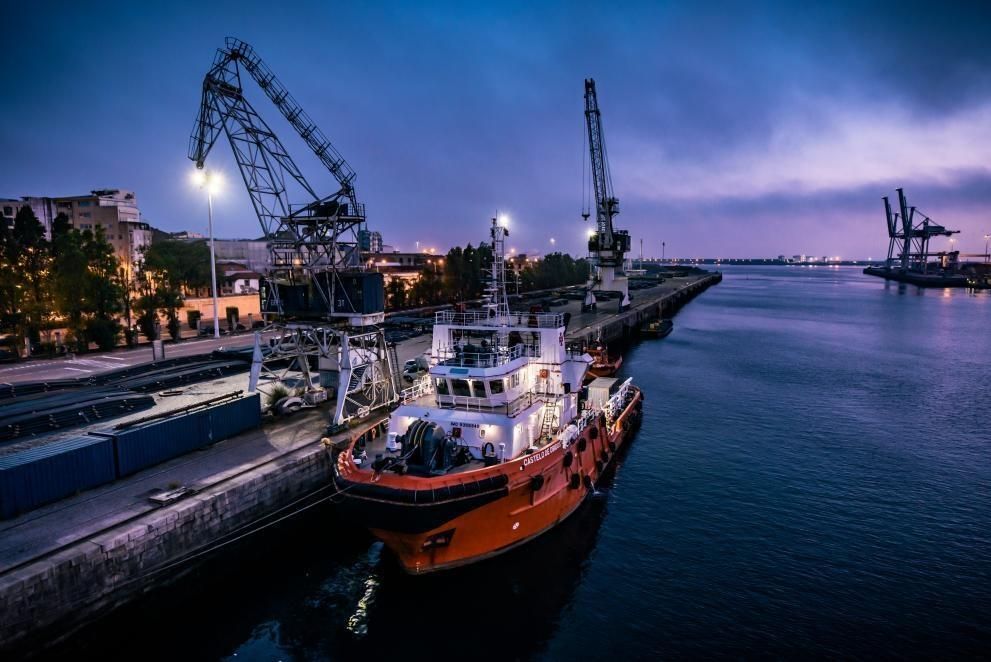Soermar takes part of Flexship project for maritime sector electrification development

The objective is to develop and validate secure, reliable, flexible, modular and scalable solutions.
SOERMAR (Society for the Study of Maritime Resources) will participate in the European project FLEXSHIP, which will develop modular and scalable batteries for different vessel profiles for the maritime sector electrification. The project, which is part of the HORIZON-CL5-2022-D5-01-01-(ZEWT) work program and has a budget of 10.061 million euros, it will be developed over 48 months by 16 European entities and companies.
As the Company explains, the general objective of FLEXSHIP is to develop and validate safe, reliable, flexible, modular and scalable solutions for the maritime sector electrification. This includes both design and development of modular battery assemblies and their safe integration on board with the ship's existing electrical network, with an optimized energy management system (EMS) design to maximize its operational flexibility and its application to various types of vessels and operational profiles. The project has been divided into 8 work packages (WP) to be distributed among 16 partners. In WP1, the identification of the specification and the requirements mapping to start the project will be carried out; in WP2, the electrical architecture that will be designed and optimized using Green Digital Twin technology; in WP3, individual components and subsystems will be developed and optimized; and in WP4 the system test will be carried out at the component/subsystem level.
SOERMAR leads work package number 1, getting in charge of defining KPIs (Key Performance Indicators), use cases, defining vessel requirements and technology transfer. Additionally, it will also actively participate in tasks such as: analysis of the impact, the business model and the exploitation of results, and in key aspects of disclosure and communication; will contribute to the analysis of system integration and operational constraints; and will support the identification of future applications of the technologies developed in the project.
(Source: Industrias Pesqueras)

